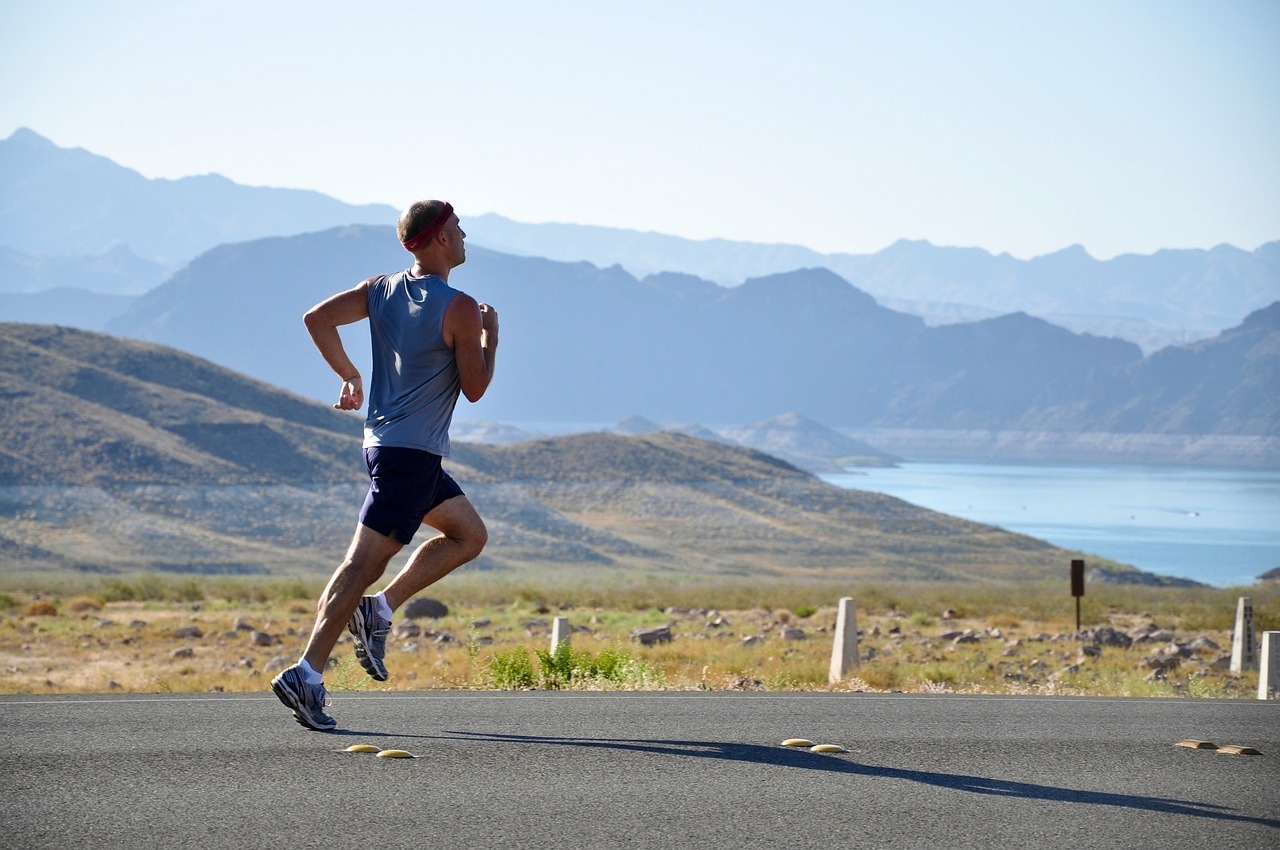This article comes by request from some of the athletes we work with. Often athletes are placed under quite stressful environments both physically and emotionally. Training volume, competition stress, exams and possibly work commitments all contribute to general stress levels. In order to get the best performance, an athlete must manage his lifestyle. In many cases stress is unavoidable and taking rest is not always possible. In order to maintain performance an athlete must manage his/her lifestyle in order to stay healthy and keep recovery effective.
Having lived with many athletes in many scenarios there is often a situation where there are multiple competitions in a very short timeframe. Whether it be qualifying heats, a tournament or just a heavy training block, recovery time could be very short. In these situations there are a number of things which must be considered as they can be quite detrimental.
Sleep
Adequate sleep is absolutely essential. There is no exact or perfect amount but we recommend 8-10 hours with 20 min naps during the day where possible. Early in a competition week less sleep may seem to have little negative impact. It will catch up with the athlete though, so discipline is essential to ensure it does not become an issue as days pass.
Nutrition
Nutrition is also essential during competition. Athletes cannot eat for enjoyment, they must eat for function during these periods. Ensure that there is adequate or even a surplus of both protein and carbohydrate. Carbohydrate provides fuel essential to exercise. Protein repairs cells and is essential for recovery. A calorie surplus is normally hard to achieve but it should be the goal during competition. It may also be a good time to include a broad spectrum multivitamin. The immune system is often taxed heavily and while a balanced diet should cover this, it is good to have the added back up. Clean whole foods are best. Keep things simple during this period; often athletes need to rely on restaurants during these periods and must ensure they do not get tempted.
Hydration is also very important. Even when urine is clear it does not necessarily mean you are hydrated. Investing in hydration tablets is a good way to ensure salts are replaced, ensuring fluids get absorbed as opposed to flushed through. This is particularly important in hot climates.
Alcohol
Even during competition some athletes still want to go out for a drink. Maybe to celebrate a pool stage win or just to relax. Whatever the reason one or two drinks will not have a huge impact. Having more than this however, will have a massive negative impact. Dehydration as well has glycogen replenishment both become an issue. Long nights cut down on sleep and standing all night in clubs or the bar all take a toll.
Activity
Sir Chris Hoy said “Never stand when you can sit, never sit when you can lie down”. This is a good way to think. Often athletes spend their rest days on their feet the whole day and it becomes counter productive. Listen to Sir Chris; it worked for him.
Maintenance
Stretching, foam rolling and massage on off days can be quite beneficial. In many cases tension in the muscles is reduced. This can relieve pain and help restore muscle function. It can greatly aid the recovery process.
Relax
When you do get a chance to rest it is important to relax. For some that means staying in front of the TV, for others it’s going sightseeing. Some people need to stay busy to distract themselves and that’s fine. The trick is to avoid overthinking and replacing physical stress with emotional stress.
Some of these seem very obvious but a group of guys on a competitive tour can often lose discipline. Similar to a phone battery when a competition or tour starts the battery is full and there is no concern for energy usage. As the battery gets low there is a mad panic to conserve energy. Inexperienced athletes fail to recognize these issues early enough and they learn the hard way. Sometimes they may also lack the discipline. Often lapses early in the week only take effect later in the week, so going by feel is not a wise approach. By supporting recovery via lifestyle we tend to experience less injury and sickness during a season. Better recovery leads to a healthier body. Chronic stress will eventually take effect. Some more injury prone athletes may need to look towards their lifestyle as a possible contributing factor. The best thing is to form a routine and stick to it regardless of situation. It’s the little slips in discipline that catch athletes out.
